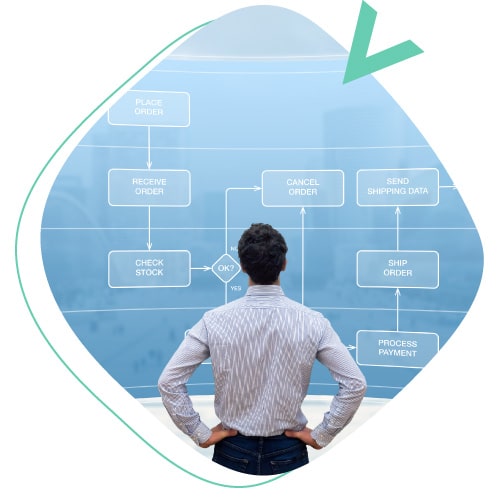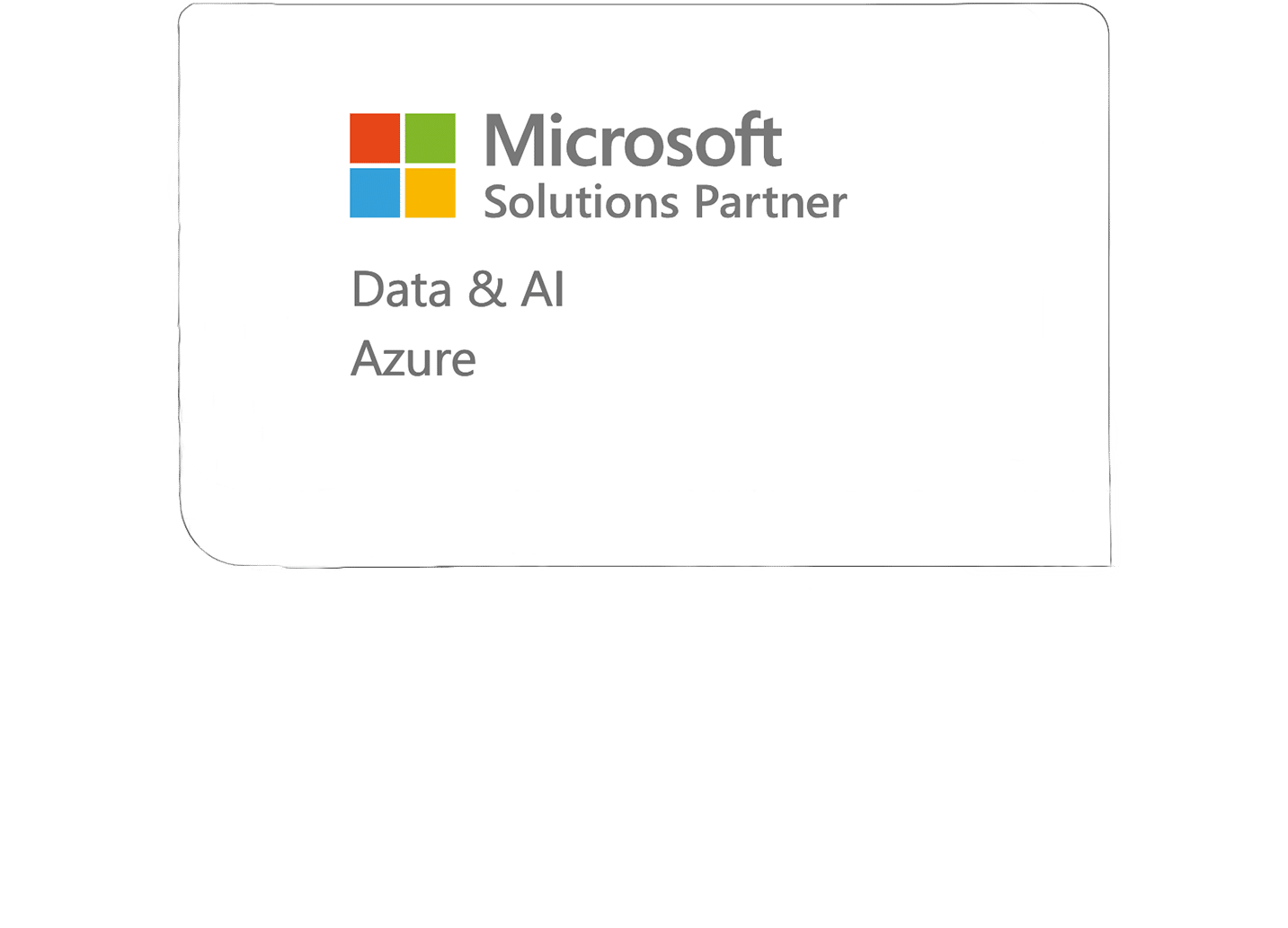Challenges facing service sector companies
The service company sector in Spain has become an essential part of the markets by taking on non-strategic operations of organizations, leveraging technology to refine business practices, increase agility, and improve customer service. In particular, the ERP for professional services industry is seeing growth due to the demand for more efficient and specialized service management solutions. Many companies in the ERP for professional services space are leveraging this technology to drive operational improvements and better serve their clients.
Facing increasing competitiveness through a global transformation strategy
In today’s environment, characterized by well-informed clients who know exactly what they are looking for, the service sector faces a range of challenges, such as increasing business competitiveness, the demand for higher productivity, growing specialization requirements, and a tightening regulatory framework.
In this context, managing both internal and external demand becomes a top priority. To achieve this, it is essential to build a comprehensive transformation strategy that enables companies in the sector to compete efficiently, launch demand-generation models, improve internal processes, ensure service quality, continuously foster customer loyalty, and strengthen market trust. An ERP for services management solution will help companies in the sector reach these goals.
In addition, adopting an ERP for professional services solution can streamline these efforts, enabling businesses to manage their operations with greater agility and efficiency, which is essential in the ERP for professional services industry.

Microsoft technology applied to the service sector
Available on all devices
Access and manage service software operations anytime, anywhere, and from any device, with always up-to-date data, ensuring a swift response to market demands.
360º integration
Optimize the management of your service business through native integration with Dynamics 365 and Microsoft Power Platform, along with seamless compatibility with third-party software. Gain a comprehensive view of your logistics processes, make informed decisions, and enhance operational efficiency.
Deployment options
Take advantage of this deployment’s benefits: streamlined costs, no obsolescence, always up-to-date versions, no costly migrations or server infrastructure, no worries about backups or availability… plus the power of AI.
Benefits of ERP for service industry

Automates processes and increases profitability
Ease of use, mobility and agility


Build customer loyalty
Shared Success Stories

Leading company in leisure, sports and healthy lifestyle habits
GO Fit invests in a set of innovative and connected facilities that provide trainers and gyms with complete information about the status and progress of their members, allowing them to tailor their training programs to each client’s needs. This success demonstrates how choosing the best ERP for service companies can help businesses manage their operations more effectively.
Frequently asked questions
Why are we leaders in the service sector?
Companies in the service sector that already trust in us
and in Microsoft Dynamics technology












